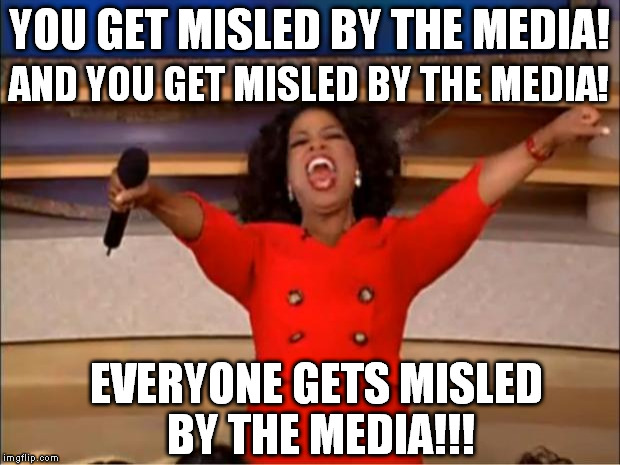It's a Love/Hate Relationship...
The word relationship is defined as a specific instance or type of kinship. When we hear this word, we often think of our relationship with family members, significant others, friends, coworkers, classmates, peers, and so on. When thinking about relationships, we usually associate the term with people. Although we have many unique relationships with a variety of different people, we have more relationships with inanimate objects than with living aspects of life.... we just often don't realize it. For example, I have a love/hate relationship with warm weather, I have a good relationship with sweet treats and a bad relationship with vegetables, and I have a fantastic relationship with literature and a dreadful relationship with mathematics. In all of these instances, my relationship is with something inanimate, yet each relationship is a big part of what makes me, me. One of the biggest relationships I have with an inanimate object is technology. I have the biggest love for technology because it helps me in so many ways. I also have the biggest hatred for technology because it constantly makes my mental health spiral and controls my entire life. Technology as a whole has a HUGE relationship on our entire world.

The Love

Although I have had many negative remarks about technology, I also think it is the greatest thing that has come into presence in our world. Technology is what makes our world go round and round and without it, we would not be where we are today. Technology has had a significant impact on communication, transportation, music, education, business, medicine, so on and so forth. Although people may say technology kills, it also saves. I think it saves way more people than if we decided to get rid of it for one reason or another. Technology gives everyone the ability to advance in life and truly live life to the fullest. I love this article by neurotracker that talks about the six positive effects of technology. This includes security and organization, safer management of money, fast and easy data retrieval, effective advertising, easier access to education, and simplifying daily life. These six positive effects are just a few of the dozens of advantages that technology brings to the table. For example, when Covid-19 struck, our world would have been completely shut down if it wasn't for technology. Technology gave us the ability to do classes online, work from home, have entertainment during quarantine, hear updates about the virus, communicate with family members we were unable to see in person, and find a "vaccine" for the virus. None of that would have been possible without the use of technology.

The Hate
Straight off the bat, I can say that my relationship with technology is not healthy at all. I have been a user of technology since a very young age, and personally, social media has corrupted my confidence. Social media constantly makes me question myself, it makes me compare myself to others, and it makes me portray someone who I am not... just for my followers. This is not healthy and this should not be an outcome of technology, yet it is what millions and millions of users deal with each and every day. Suicide rates of young adults have skyrocketed over the past ten years. Research shows that this is mainly due to social media. A few years ago I read a book by Katherine Ormerod titled "Why Social Media is Ruining Your Life" for a project in high school. I constantly think about this book every single day. The book addresses the extra stress social media & technology as a whole puts on a person, and how it is corrupting not only your self-image, but your entire mind from politics, economics, and relationships all the way to clothing style, attitude, and way of thinking. 
Although I have had many negative remarks about technology, I also think it is the greatest thing that has come into presence in our world. Technology is what makes our world go round and round and without it, we would not be where we are today. Technology has had a significant impact on communication, transportation, music, education, business, medicine, so on and so forth. Although people may say technology kills, it also saves. I think it saves way more people than if we decided to get rid of it for one reason or another. Technology gives everyone the ability to advance in life and truly live life to the fullest. I love this article by neurotracker that talks about the six positive effects of technology. This includes security and organization, safer management of money, fast and easy data retrieval, effective advertising, easier access to education, and simplifying daily life. These six positive effects are just a few of the dozens of advantages that technology brings to the table. For example, when Covid-19 struck, our world would have been completely shut down if it wasn't for technology. Technology gave us the ability to do classes online, work from home, have entertainment during quarantine, hear updates about the virus, communicate with family members we were unable to see in person, and find a "vaccine" for the virus. None of that would have been possible without the use of technology.

In addition to the false representation of myself and others portrayed on social media, technology misinformed and mislead me about a multitude of things. To be honest, as a young conservative college student, I often find myself looking at FOX , The American Conservative, or The Federalist. I just take what I see on these sites and then use that as my factual knowledge. I have been doing this for years and quite honestly, it is something I need to stop doing. I need to start broadening where I get my news from. I am so one sided that I don't look to see what the other side is saying or what other sources are saying. I think technology tends to do this to a lot of us. Technology makes it so easy to be blinded by one side, not only in politics, but in any sort of debate or controversy. For example, if I google a certain subject or current event, only one side usually gets brought up. I then begin to receive pop up ads or side stories of the event that I originally googled, without ever getting the bigger picture of the other side of the story. I think this is extremely problematic because technology forces our society to become more divided than it already is. Fake news, propaganda, misinformation, and disinformation are constantly expressed in many forms of technology, and literally brainwash people into thinking and reading a certain subject. It is scary to see how easily people nowadays become brainwashed by the use of technology. Even children five years old are seeing things because of technology, and believing it. It has become such a normal part of society that people do not even recognize it anymore. It is a serious problem and if not stopped soon, our whole world is going to be corrupted by what technology wants us to believe.












